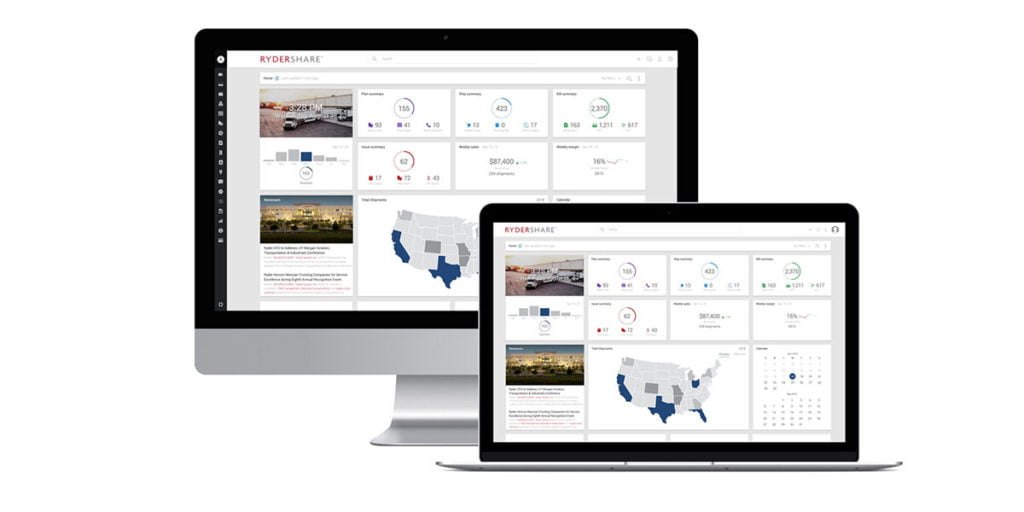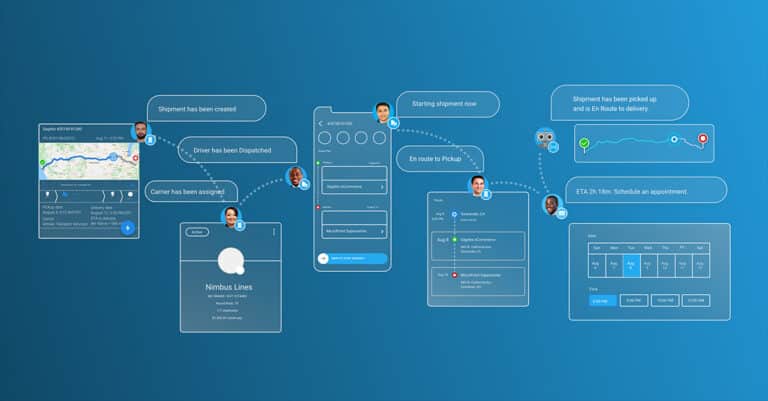Today customers demand fast and reliable delivery, options for order changes, customized delivery windows, on-demand customer service, and optional shipping service upgrades. Customers no longer tolerate supply chain inefficiencies and issues. This has become more than just a need or demand. Much of this has become an expected and integral part of shipping services today. According to The Network Effect, this is why a robust transportation management system (TMS) integration is critical for growth and success in the modern supply chain market. TMS platforms help bridge the gap between various service providers and allow for better management from end to end.
Why Shippers May Be Leaving Money on the Table with Poor TMS Integrations
The hard truth remains—manual integrations are costly and time-consuming to onboard and implement. Poor planning and integration can derail all the progress made with TMS integration planning and cost managers money along the way. And while customized options and features bring a certain degree of value, too much customization can create bottlenecks and limit the growth and scalability of the system in the long run. According to Inbound Logistics, many shippers are unenthusiastic to source, onboard, teach, and maintain TMS systems due to concerns over putting in more than they get out of it. As a result, there is a significant need for solid yet versatile transportation management solutions that can work with various management tools and systems, without wasting money.
Streamlined, API-Driven Workflows Enable Turnkey TMS Integrations
Accessing all freight data points and maintaining on-demand data analysis and reports can help keep things running smoothly throughout the supply chain. With API-driven and innovative TMS integrations, it becomes easier to streamline processes and implement turnkey services that provide access to all. Transportation planners can make decisions based on up-to-date real-time data and make choices founded on facts and data rather than opinions and guesses. Having customized TMS platforms and service options available keeps the power and control in the hands of the transportation management, where it belongs.
Added Benefits of Fast, Easy API Integrations
Working with API integrations and TMS integrations can bring a host of benefits to any supply chain management and operation system, including the following:
- Reduced expenses for freight operations
- Advanced shipment tracking systems
- Real-time analysis and updates
- Increased customer service and satisfaction
- Greater inventory management
- Increased supply chain efficiency
- Improve collaboration opportunities
- New delivery capabilities
- Cash and profit flow improvements
- On-demand data access and distribution
- Faster communication options
- Better analysis and integration
- Greater operational efficiency
- Improved overall profit margins
These and many other benefits make it easier to justify onboarding a new management system. They are the reward supply chain management can enjoy when TMS platforms and systems are successfully integrated and utilized within the supply chain.
Realize the Benefits of Better Integration and a Single Pane of Glass for Logistics With Turvo
To survive in these times of shifting customer demands and volatile market trends, it is more critical than ever for supply chain managers and logistics supervisors to stay on the same page. Uniting disparate systems and processes together under one platform or system can help streamline things and avoid disruption, errors, miscommunications, lost profits, and delays throughout the supply chain. TMS integration is essential for the growth and success of the modern supply chain network, and partnering with a proven leader in the industry can make a world of difference. Contact Turvo today and experience easy TMS collaboration and integration.








